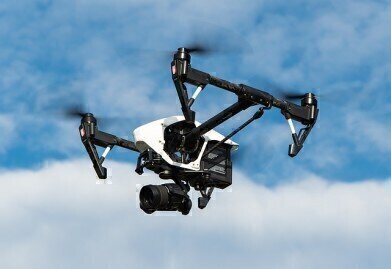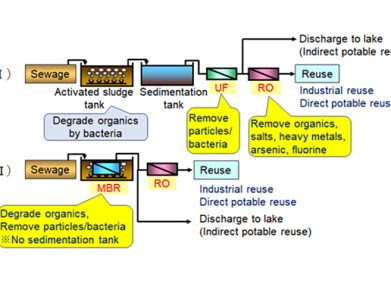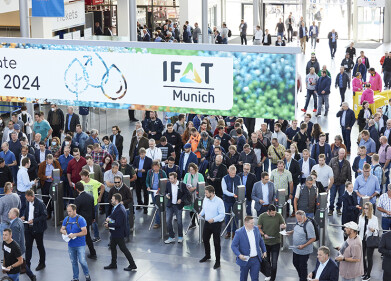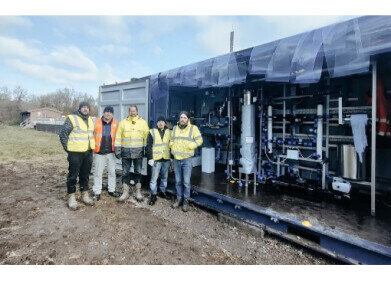Water/Wastewater
Are Drones the Key to Tackling Pollution?
Feb 22 2017
The longer air pollution is left, the more lives it is going to take, and the more it is going to cost in healthcare – amongst other things. But in the battle against pollution, monitoring is a hugely important first step. To create solutions, we first need to understand the problem at hand.
There are a number of ways to monitor pollution. They vary in effectiveness depending on which pollutant they are monitoring. And now, scientists at Imperial College London (ICL) have begun building drones to help in the monitoring process. But what is the purpose of the drones?
Perching up above
Previously, research by scientists at the Natural History Museum has shown that better samples of air quality were gained by bees flying around in the air. And the idea is similar with the drones. Designed by the Aerial Robotic Laboratory at ICL, they will be sent out to collect air pollution data.
The unmanned drones will ‘perch’ on London’s highest buildings and give a more accurate representation of the city’s air quality. But what about weather? Not to worry. ICL’s team, led by Dr Mirko Kovac, have made the drones resistant to wind and rain, so there’s nothing that can stop them monitoring pollution.
Testing the water
As well as the initial drone launch, the team are looking to develop drones that can monitor water pollution. Modelled on the large gannet sea bird, the drones will swoop across London collecting air quality samples before plunging into the Thames to examine the water quality.
Named the AquaMav, the drone has been designed with folding wings to allow it to burst into the water unrestricted – much like the gannet when it holds its wings in. The drone then creates a powerful burst from its internal carbon dioxide tank, allowing it to leave the water. In this sense, the drone has been compared to flying fish, who leap out of the water to escape prey.
Poor water quality?
It’s one thing testing the quality of water in rivers, lakes and reservoirs, but you then need to develop ways of improving it. Agricultural run-off, floodwater and sewage discharge are all contributors to poor water quality. They can lead to high concentrations of iron, aluminium and phosphates in the water – affecting animals, flora and any future use of the water.
‘The best way to clean up flooded lakes and reservoirs?’ evaluates the problems of water pollution and looks at some potential solutions to the problem.
Events
Apr 22 2024 Hannover, Germany
Apr 23 2024 Kuala Lumpur, Malaysia
Apr 24 2024 Sao Paulo, Brasil
May 05 2024 Seville, Spain
May 13 2024 Munich, Germany













